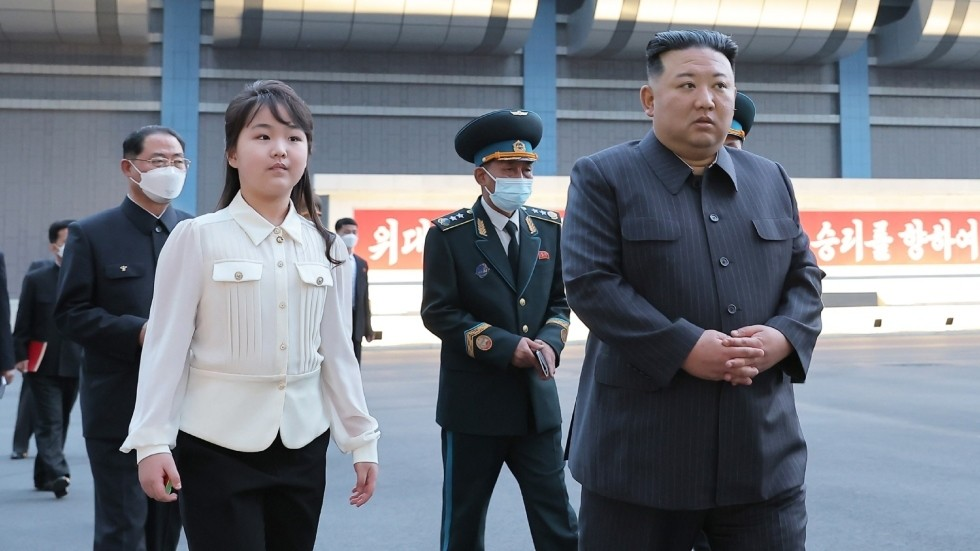In an effort to curb undocumented migration, China has intensified its border surveillance and introduced strict quotas for identifying and deporting undocumented migrants, focusing primarily on its northeast border with North Korea. New measures include deportation centers, hundreds of facial-recognition cameras, and increased patrols along the 1,400-kilometer border. The crackdown has made it significantly harder for North Korean defectors to evade capture, according to official documents reviewed by Reuters and testimonies from defectors and activists.
Since the COVID-19 pandemic, Chinese authorities have expanded efforts to collect the biometric data of North Koreans living in China, including fingerprints, voice data, and facial scans. This data collection, along with closer monitoring of social media accounts, has intensified in 2023, creating a ‘fishing net’ effect for defectors. Missionary Stephen Kim, who works with defectors, noted that over 90% of the North Koreans currently in China have already registered their personal and biometric data with police.
The increased surveillance appears to be driven by Beijing’s desire to prevent an influx of North Korean defectors that could destabilize both North Korea and its own northeastern region. Roberta Cohen, a human rights expert, explained that China fears mass defections could lead to North Korea’s collapse and reunification under South Korea, potentially increasing U.S. influence in the region. Chinese authorities, however, maintain that they are simply enforcing laws related to illegal immigration and deny the existence of North Korean defectors, labeling them as economic migrants.
China’s new tactics have been particularly effective in Jilin and Liaoning provinces, which border North Korea. In 2024, the Jilin border police’s budget increased to include significant spending on patrol boats, surveillance technology, and deportation infrastructure. Quotas now require each of the 18 border stations to process at least 10 undocumented migrants per month and maintain a deportation success rate of 95%.
These heightened measures have already led to increased deportations. Rights groups estimate that 70% of defectors who attempted to reach South Korea in the past two years have been apprehended, a significant rise from previous years. South Korean authorities have expressed concern over the repatriation of defectors, many of whom face severe punishment or death upon their return to North Korea.
China’s strategic interest in maintaining control over North Korean defectors extends beyond immediate concerns over migration. The control over defectors provides Beijing with diplomatic leverage over Pyongyang, which relies heavily on China for economic and political support. By managing the flow of defectors, China can potentially extract concessions from North Korea while maintaining regional stability.
Despite the severe risks, some defectors have managed to escape China. Shin Ju-ye, a North Korean who fled during the 1990s, described how biometric surveillance during the pandemic trapped many of her fellow defectors. Shin herself avoided registering her details and eventually escaped to South Korea after a perilous journey through Vietnam, Laos, and Thailand. Her story highlights the increasing desperation of those trapped under China’s expanding surveillance system.


















